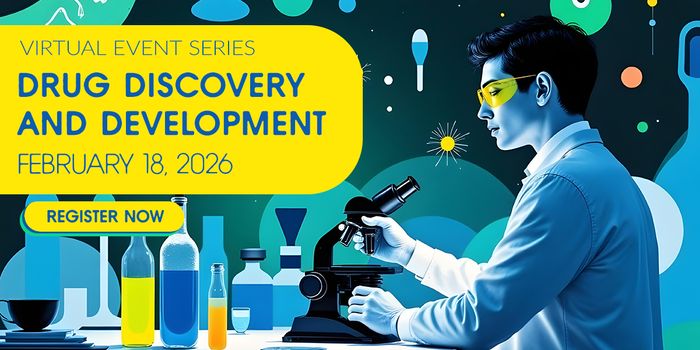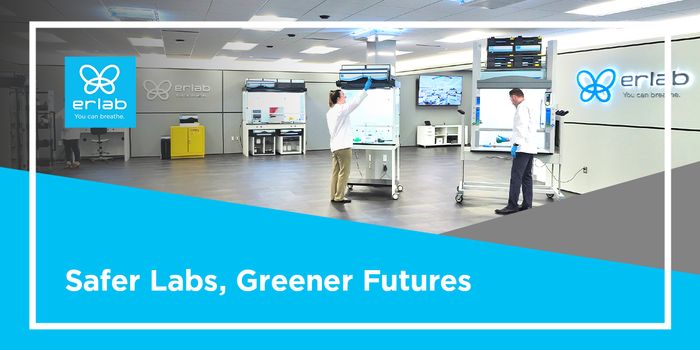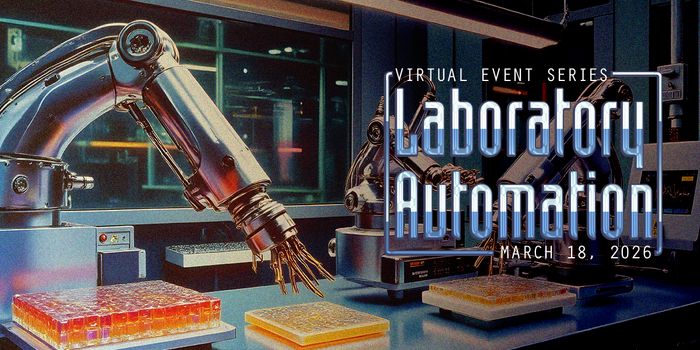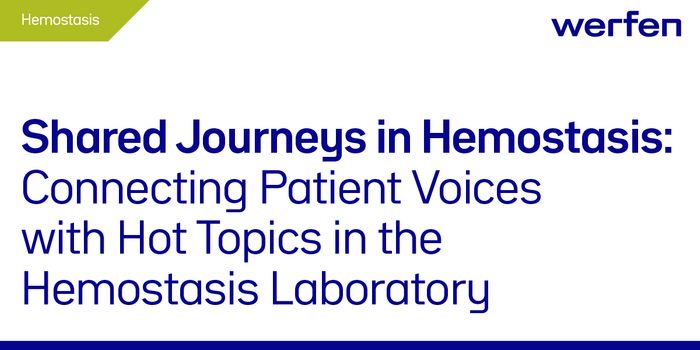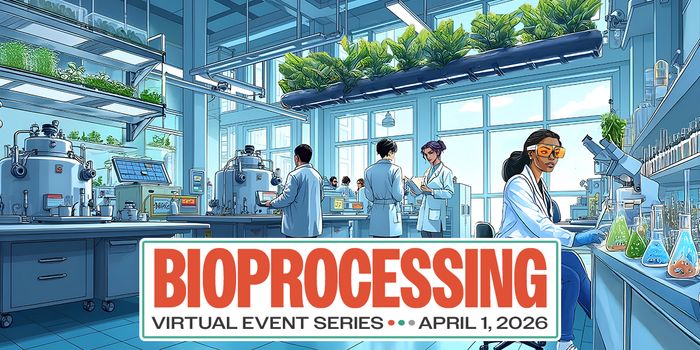Modern Cell-Based Assays Virtual Symposium
Join us for presentations by scientists from leading labs in immuno-oncology, drug discovery, cell line development, and 3D/PDO models.
Learn how to conduct modern cell-based assays with varying culture models while maximizing the number of assays you can conduct as well as the number of measurable parameters. Streamline your workflow with diversified technology that can be utilized across a variety of research areas. Whether you are working with cell culture, 3D assays, virology assays, or advanced cell models there is something for you at this engaging event.
• Attend free webinars with scientific innovators
• View poster sessions to expand your knowledge base
• Visit virtual booths and engage with other professionals
• Chat with Field Application Scientists to gain insights
• Win prizes and have fun
Agenda Share
-
NOV 10, 2020 2:30 PM EST
CD4 Chimeric Antigen Receptors to Re-direct CD4 T cells to Target HIV Infection
James L Riley, PhDProfessor of Microbiology, University of PennsylvaniaAndrea Love, PhDSenior Business Development Manager, Nexcelom Bioscienc... -
NOV 10, 2020 1:00 PM EST
A Modern Approach to Traditional Virology Research
Rushika Perera, PhDCenter for Vector-borne and Infectious Diseases, Colora...Suzanne Riches, PhDField Application Scientist, Nexcelom Bioscience -
NOV 10, 2020 11:30 AM EST
Engineering the Next Generation of Cells for Protein Production
Bjørn Gunnar VoldborgDirector of CHO Cell Line Development, Technical Univer...Henry Qazi, PhDField Application Scientist, Nexcelom Bioscience -
NOV 10, 2020 10:00 AM EST
Turning Science into Medicine
Steve ReesVice President Discovery Biology, AstraZenecaJean QiuChief Technology Officer and Founder, Nexcelom Bioscien... -
NOV 10, 2020 8:30 AM EST
Integration of Multimodal Imaging Platforms for the study of complex 3D biological systems
Mara Vinci, PhDPrincipal Investigator, Bambino Gesù Children's Hospita...Martin Thiess, PhDField Application Scientist, Nexcelom Bioscience
Speakers Share
-
Mara Vinci, PhD
Principal Investigator, Bambino Gesù Children's Hospital
BIOGRAPHY
-
Martin Thiess, PhD
Field Application Scientist, Nexcelom Bioscience
BIOGRAPHY
-
Steve Rees
Vice President Discovery Biology, AstraZeneca
BIOGRAPHY
-
Jean Qiu
Chief Technology Officer and Founder, Nexcelom Bioscience
BIOGRAPHY
-
Bjørn Gunnar Voldborg
Director of CHO Cell Line Development, Technical University of Denmark
BIOGRAPHY
-
Henry Qazi, PhD
Field Application Scientist, Nexcelom Bioscience
BIOGRAPHY
-
Rushika Perera, PhD
Center for Vector-borne and Infectious Diseases, Colorado State University
BIOGRAPHY
-
Suzanne Riches, PhD
Field Application Scientist, Nexcelom Bioscience
BIOGRAPHY
-
James L Riley, PhD
Professor of Microbiology, University of Pennsylvania
BIOGRAPHY
-
Andrea Love, PhD
Senior Business Development Manager, Nexcelom Bioscience
BIOGRAPHY











